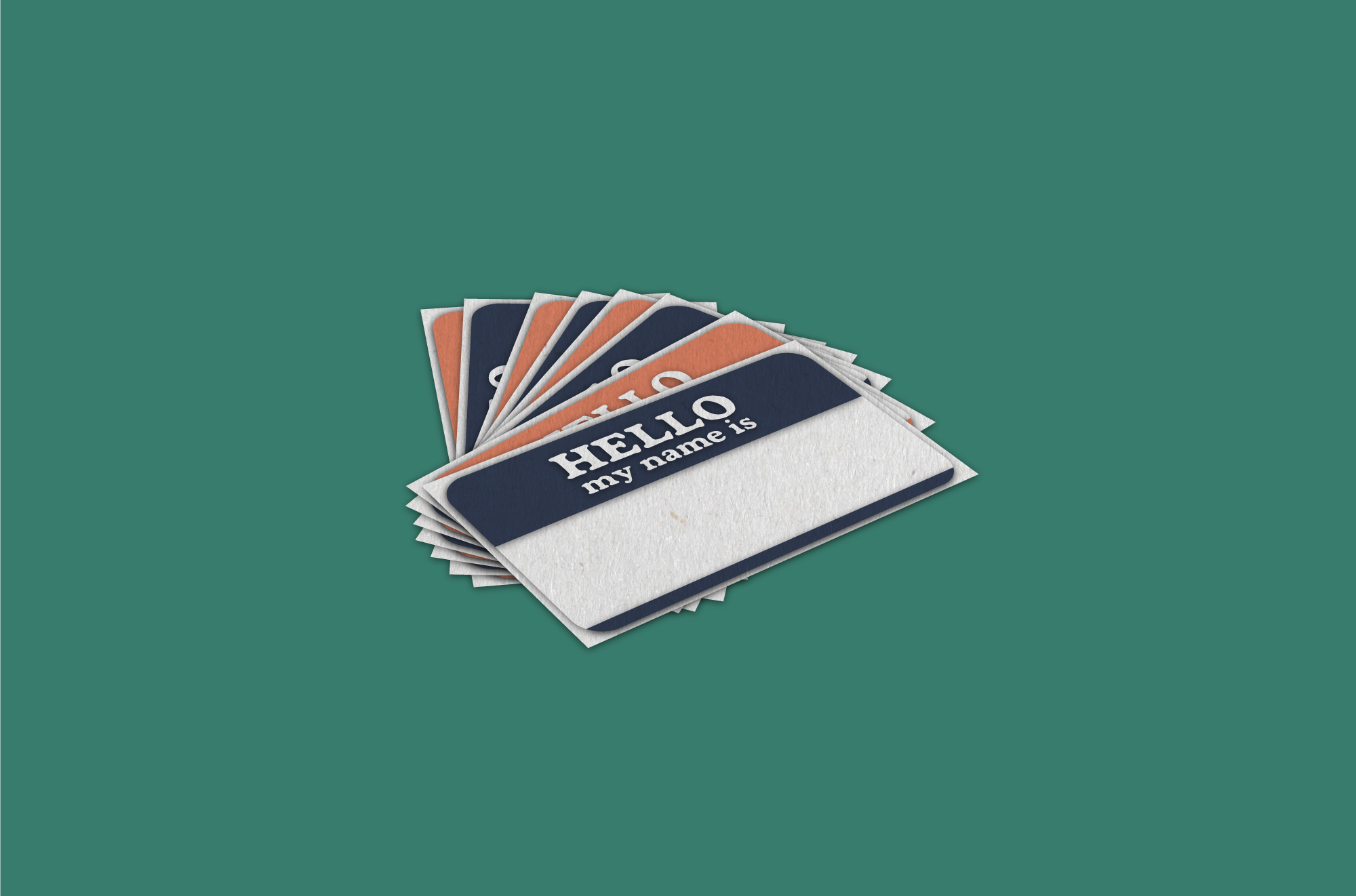“As we continue to reiterate the message that we value diversity and inclusion and lay claim to being anti-racist, here is one small action to follow through on those pronouncements.”
In addition to this piece by Vice President Villarreal, we encourage you to read “That’s Not My Name” by Jenifer Alison Wilson in the Office for Health Equity, Diversity, & Inclusion.
Have you ever said something and didn’t know it had a negative impact on someone? Maybe it seemed inconsequential at the time? Maybe you forgot about it?
Then you get a message from the person, sharing how it made them feel, the harm it caused. You spend several minutes or hours or days processing their words, repeating yours in your head—trying to understand and embrace this ‘teachable moment’ so you can grow from it.
I believe there is something for all of us in what I am about to share. It represents how each of us continues to grow, how healing plays a central role in our work, and it’s a reminder of the critical parts of our interactions together, as we build toward our goal of being an Anti-Racist Campus.
We recently hosted a guest at one of our virtual events. Shortly after, I received a note from her. She started by thanking me for the speaking invitation, then shared that when I introduced her and got to her name, I said, “I’m not even going to try.”
Oh, yes…I remember that.
She went on to outline the significance of these six words I said, and that everyone at the Forum heard as well:
- My name is my identity and says a lot about who I am.
- It is an ancestral name and I want to honor them and appropriately invite my ancestors into my space.
- When people say my name correctly, it demonstrates to others that names matter, indigenous names matter, and non-English names matter; this is particularly important to students of color but others also.
My thoughts ran to how I had asked her to this panel with such intentionality, the intentionality that leads our work at EDI. Yet, as I opened the door for our guest to take a seat at the table, I shut it before all of her could join. I had caused harm—literally leaving her nameless. In one simple act of “not even trying,” I perpetuated a narrative that has silenced, drowned out, shattered peoples and communities. Erased them. The power, the customs, a centuries-long history and generational wisdom of her ancestors came to meet all of us. I shut them out, too. Then, I left her standing in the awkwardness alone, with a scenario running through her mind of how her introduction could have gone or should have gone differently. With six simple words, I committed the violence of settler colonialism–the accumulation of hundreds of years of exhaustion, erasure, and extinction.
Then, I got to the part of her message that reminded me of our work on this campus, our efforts at EDI, in communities across our state and country. It was an invitation to heal together – for her, for me, for everyone who witnessed the harm on that day. Yes, yes, we would demonstrate this collectively, here, with these words I am sharing today – because that is at the core of what we have committed to do. And what power there is in this action, the invitation to heal. So often we say, “we can, we will do better,” and then we do not do better.
I am reminded, repeatedly, that the better follows the collective action of facing the truths of our actions, then seeking that restorative piece within us, between us, among us.
Finally, I urge all of us to keep pursuing these conversations. Even when it’s uncomfortable or hard, and it will be at times, stay open to them. Confront your racism, your participation in the legacies of settler colonialism – let it be the beginning of a deeper conversation, the opening of that door, a strengthening of us.
Campus Climate Culture Experiences Identity

